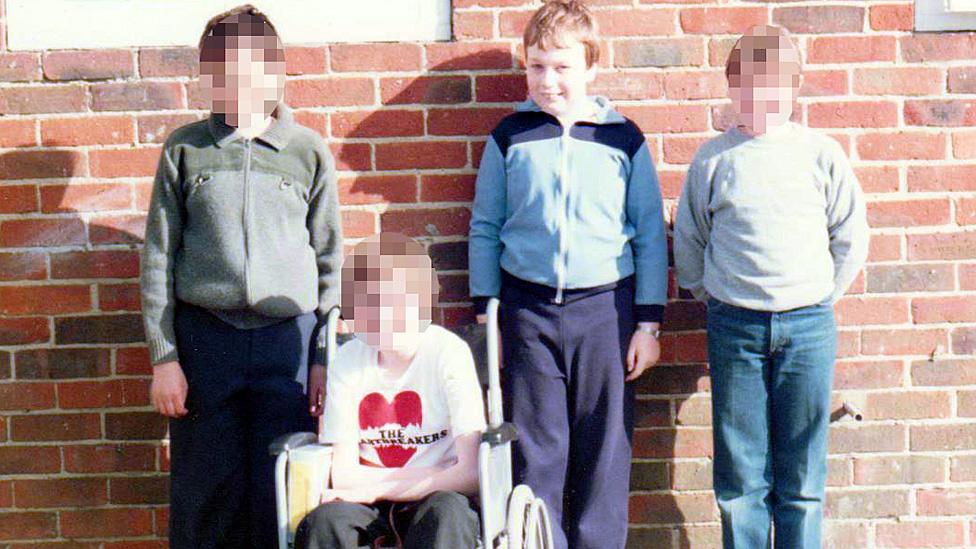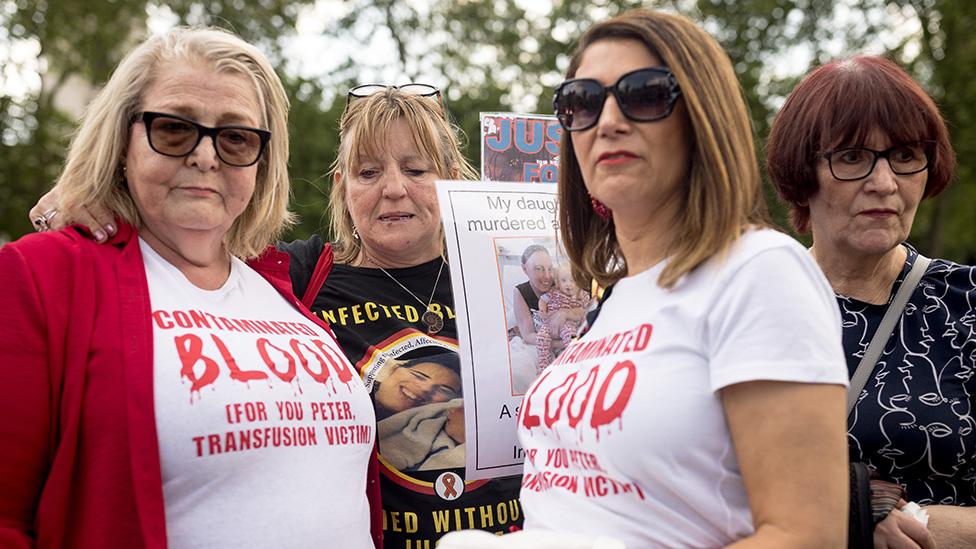Contaminated blood inquiry: Victim reacts to Sir John Major's evidence
- Published
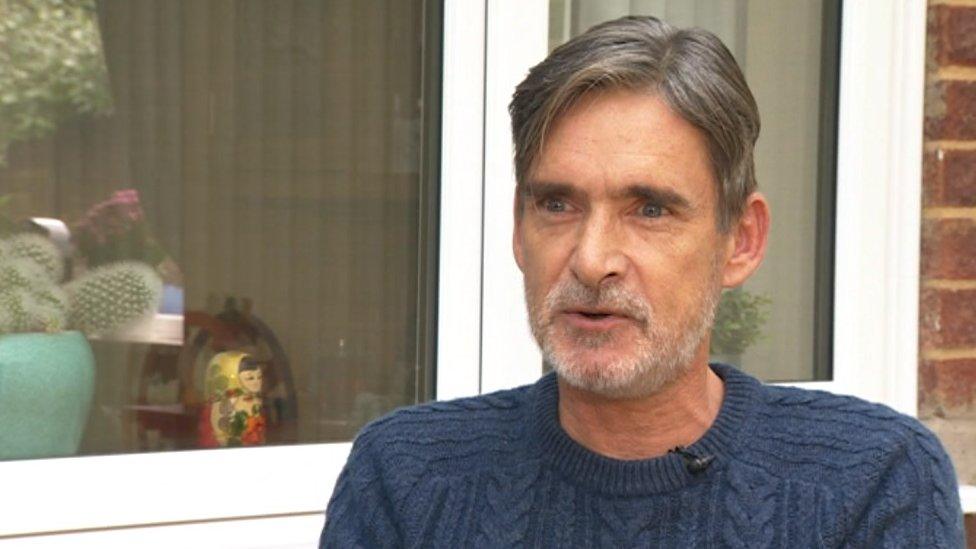
Gary Webster was the first former Treloar's pupil to take legal action
A victim of the contaminated blood scandal has said he would not call thousands of deaths "bad luck".
Gary Webster was reacting to Sir John Major's comments while giving evidence in the inquiry. Up to 30,000 people contracted HIV and hepatitis C in the 1970s and 80s after treatment on the NHS. Thousands have since died.
Sir John is being questioned about the government's actions.
Mr Webster is a former Lord Mayor Treloar College pupil.
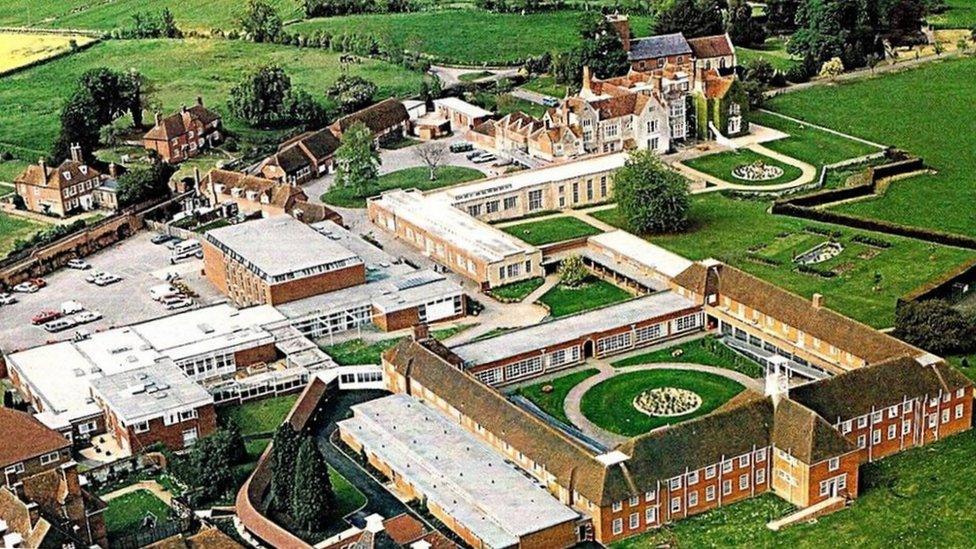
Lord Mayor Treloar College in Holybourne, Hampshire, (pictured in the late 1980s) catered for haemophiliac children via a specialist NHS centre on site
The boarding school, near Alton in Hampshire, catered for haemophiliac children via a specialist NHS centre on site.
From 1974 to 1987 boys attending the school were given a clotting agent called Factor VIII, which was often imported from overseas.
At least 72 pupils have since died.
Mr Webster, 56, from Bishopstoke, began legal action against the school in October last year. Since then, 35 of his fellow pupils have joined him.
They are waiting for a hearing at the High Court in London in October.
While giving evidence in the inquiry on Monday, Sir John described the scandal as "incredibly bad luck" and later said it was "random".
Sir John did not hold a position in government in the 1970s or early 1980s when most of those infected were treated with contaminated blood products.
But he did hold senior positions, including as chancellor and prime minister, when financial support for the families affected were being discussed in the late 80s and early 90s.
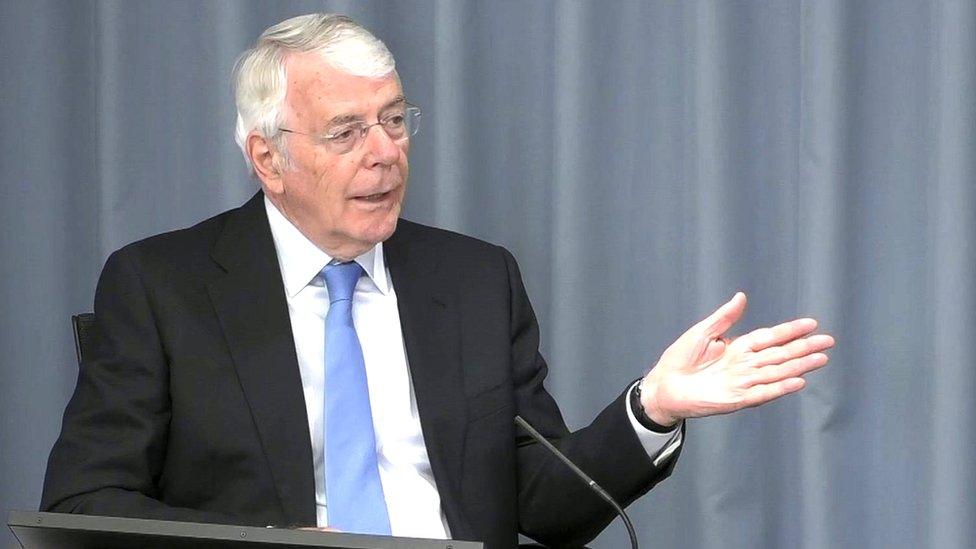
While giving evidence, Sir John Major described the blood scandal as "incredibly bad luck"
Mr Webster said: "I don't think I'd describe it as bad luck - all these deaths.
"He's [Sir John] saying what he has to say really and answering all the questions. We already know what went wrong and it does feel like it's 30 years too late because so many have died.
"But it's important to have this inquiry to ensure it doesn't happen to anyone else and we will hopefully get some answers."
Last June, former headmaster of Lord Mayor Treloar College, Alex Macpherson, told the inquiry he was "unaware" contaminated products were being used.
The UK-wide inquiry was launched after years of campaigning by victims, who claim the risks were never explained and that the scandal was covered up.
Chaired by former judge Sir Brian Langstaff, the inquiry started taking evidence in April 2019 with hearings in Belfast, Leeds, Cardiff, Edinburgh and London. It is expected to publish its final report in mid-2023.
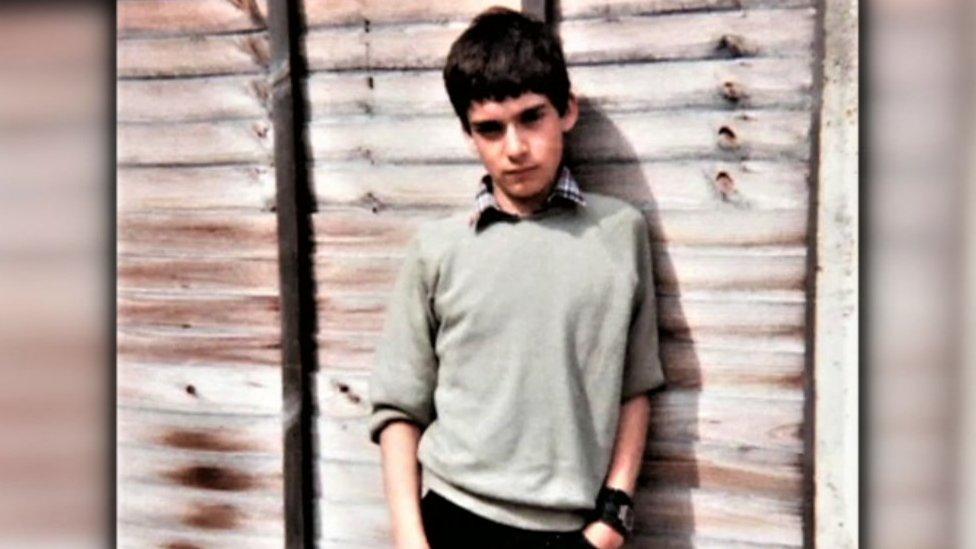
Gary Webster said the school allowed him to be infected with HIV and hepatitis

Follow BBC South on Facebook, external, Twitter, external, or Instagram, external. Send your story ideas to south.newsonline@bbc.co.uk, external.
- Published27 June 2022
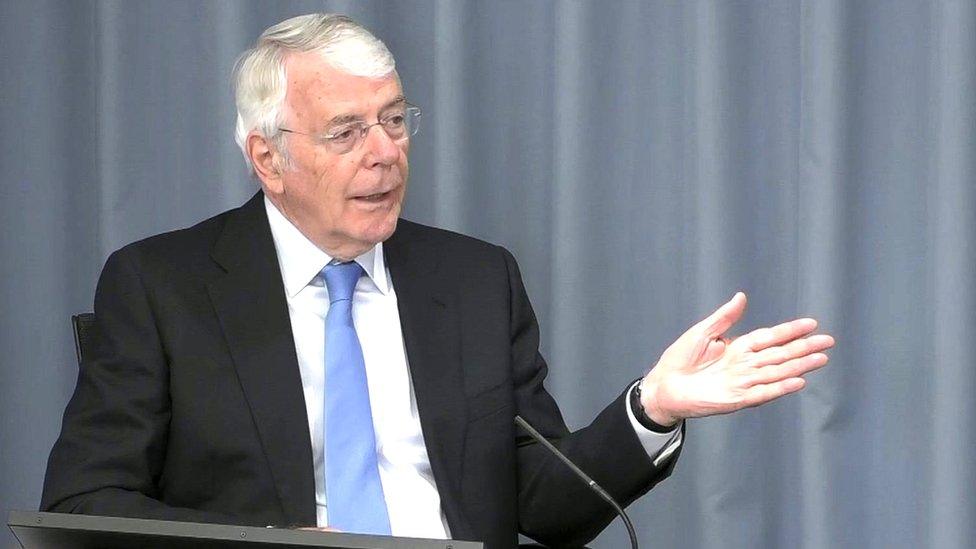
- Published20 October 2021

- Published24 January 2022
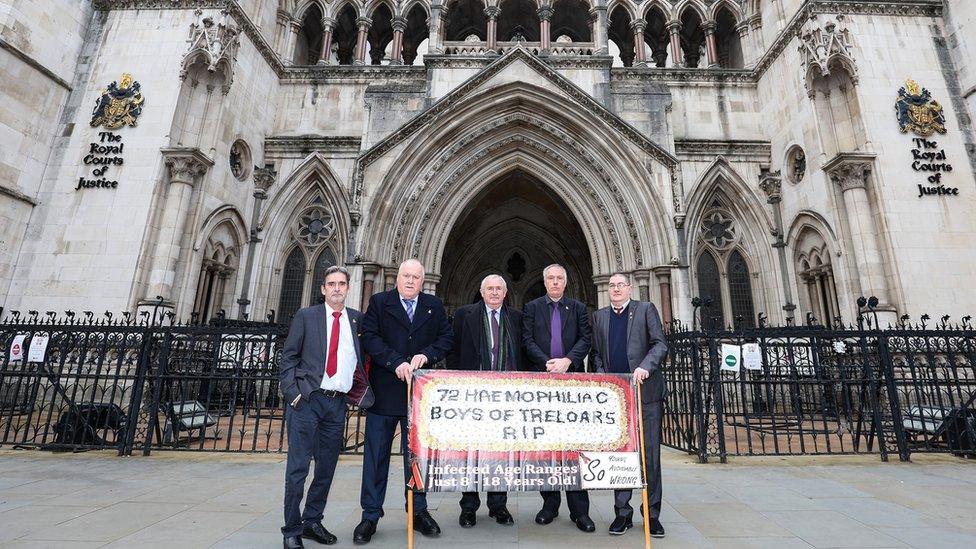
- Published21 June 2021
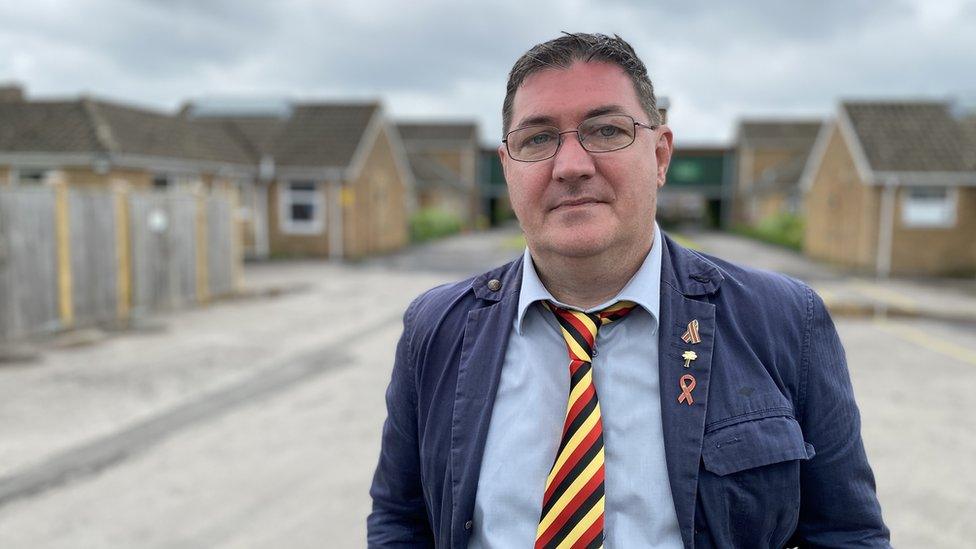
- Published25 June 2021
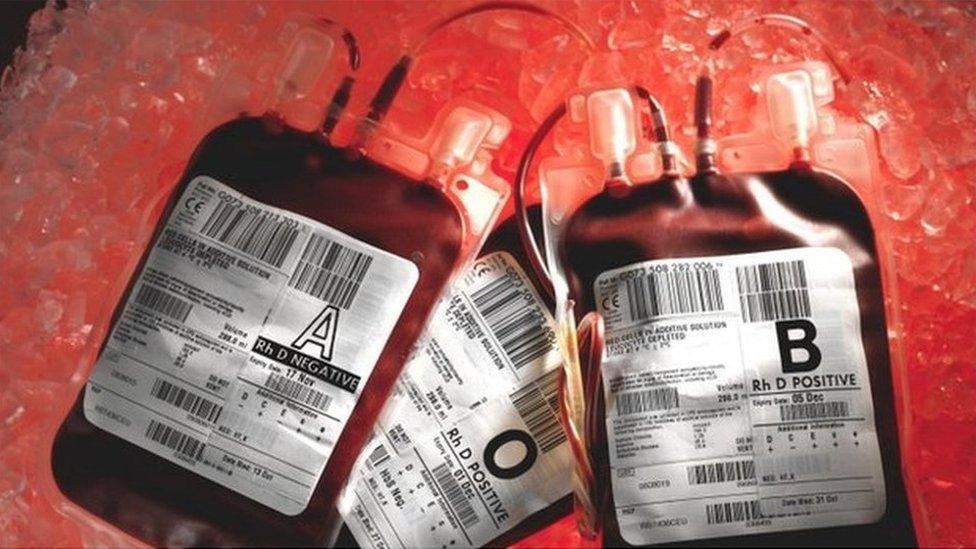
- Published26 June 2021
